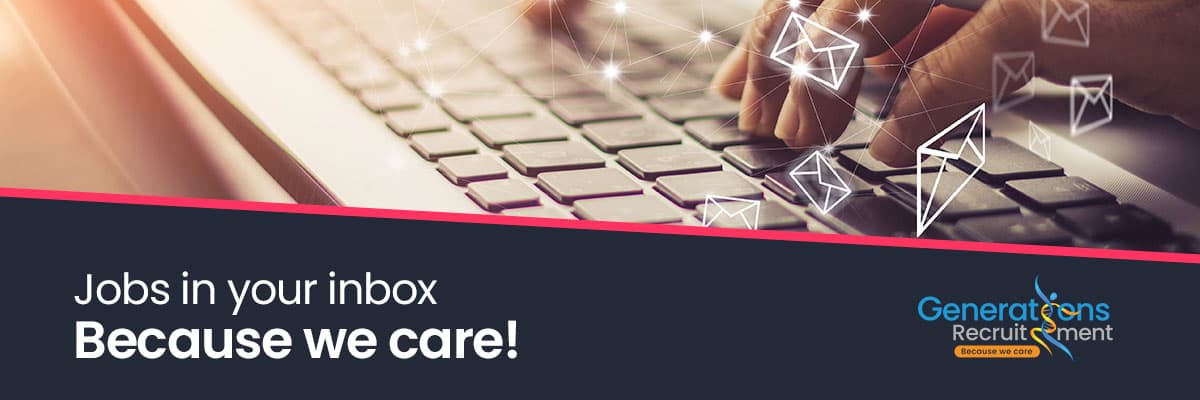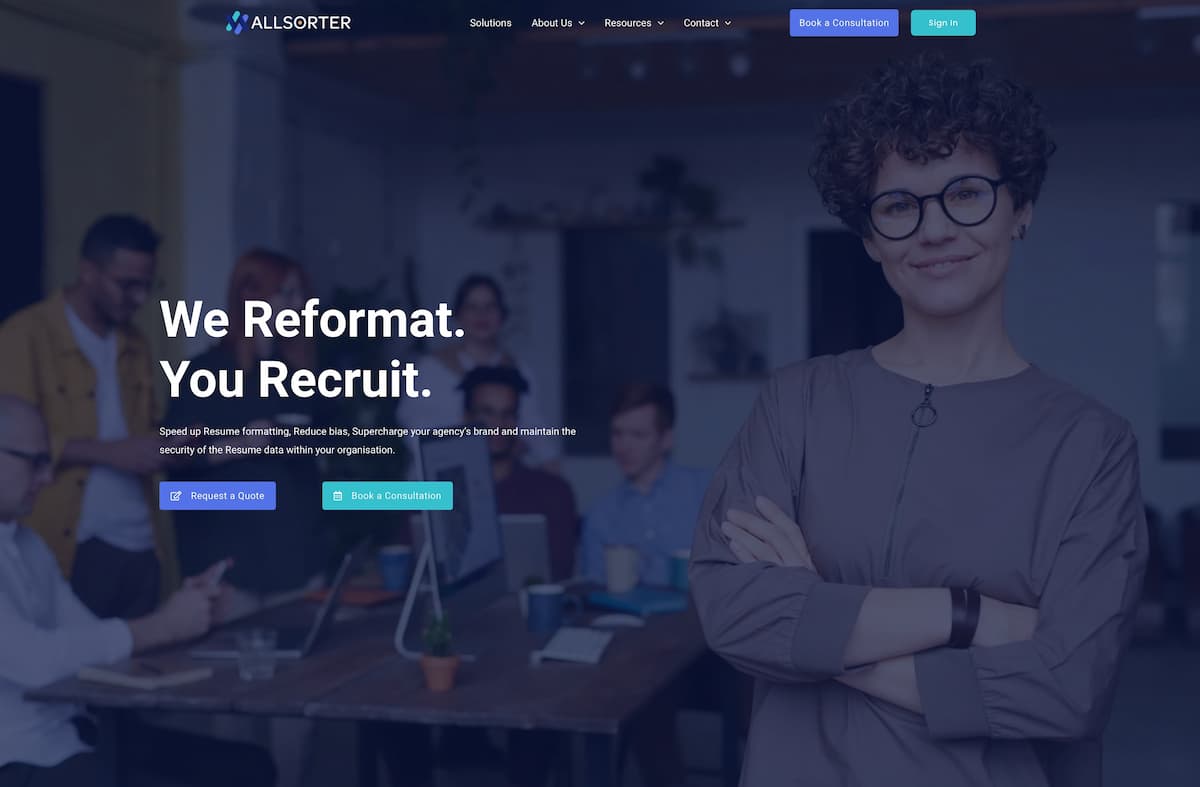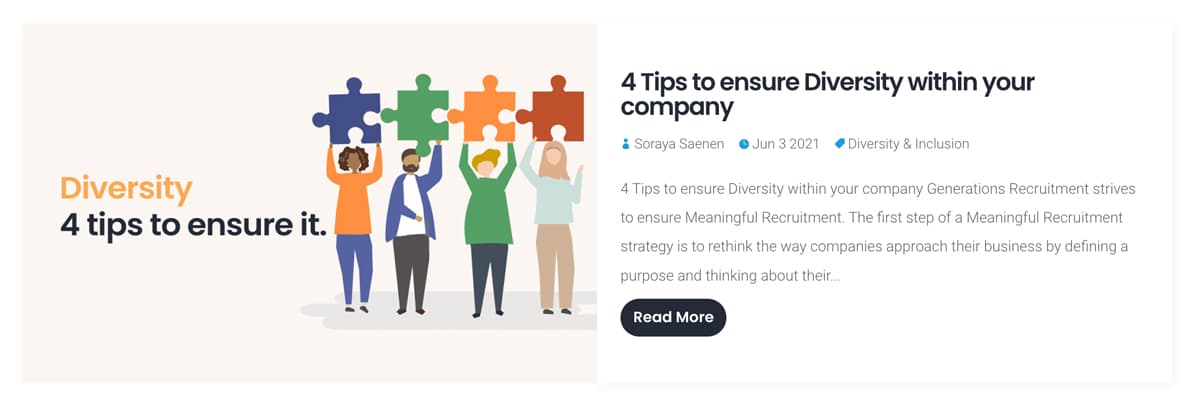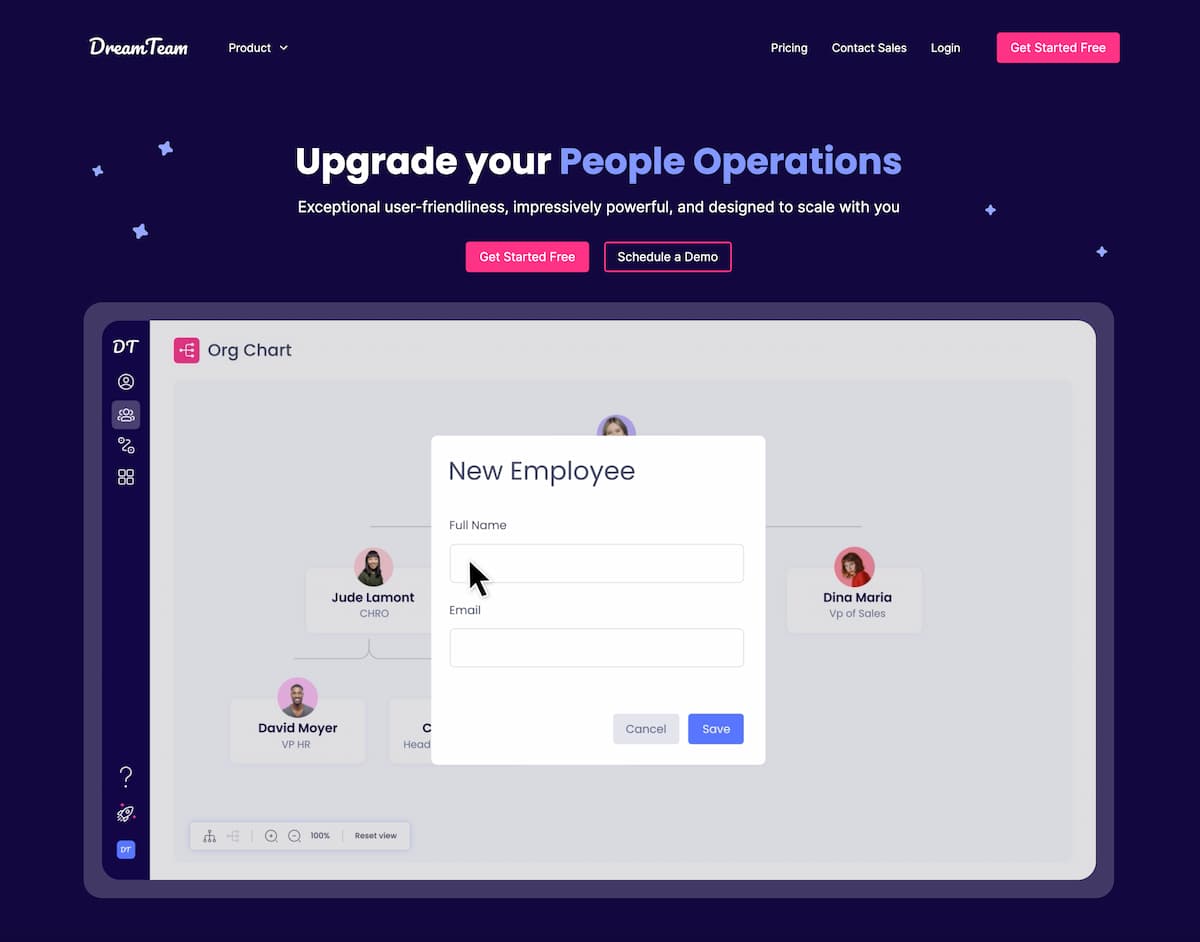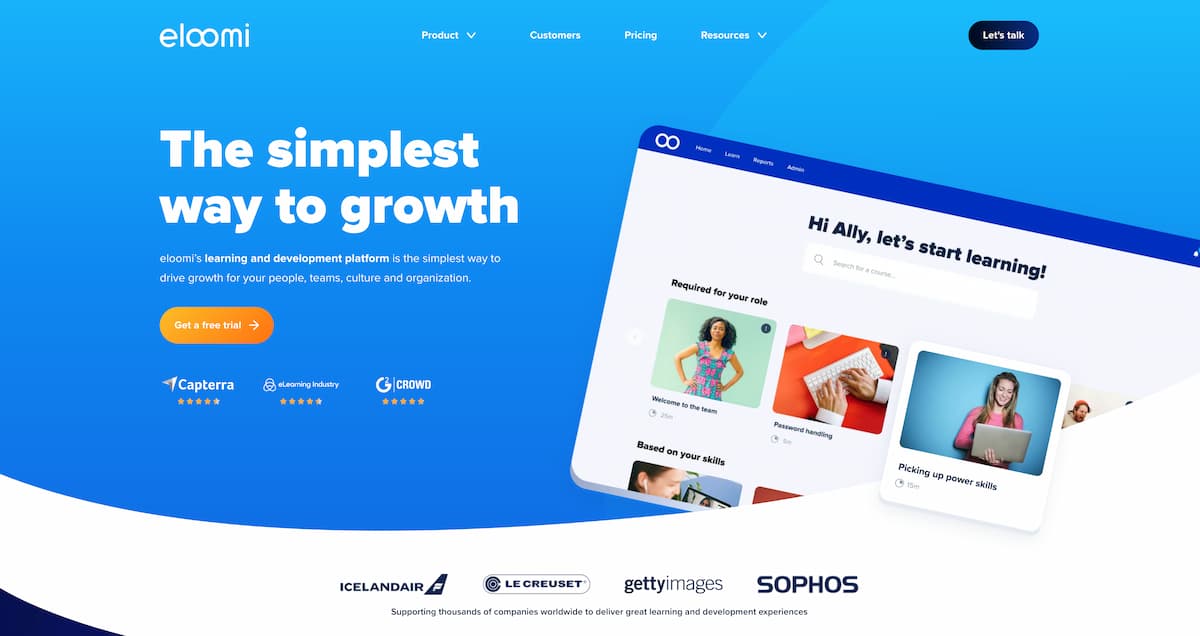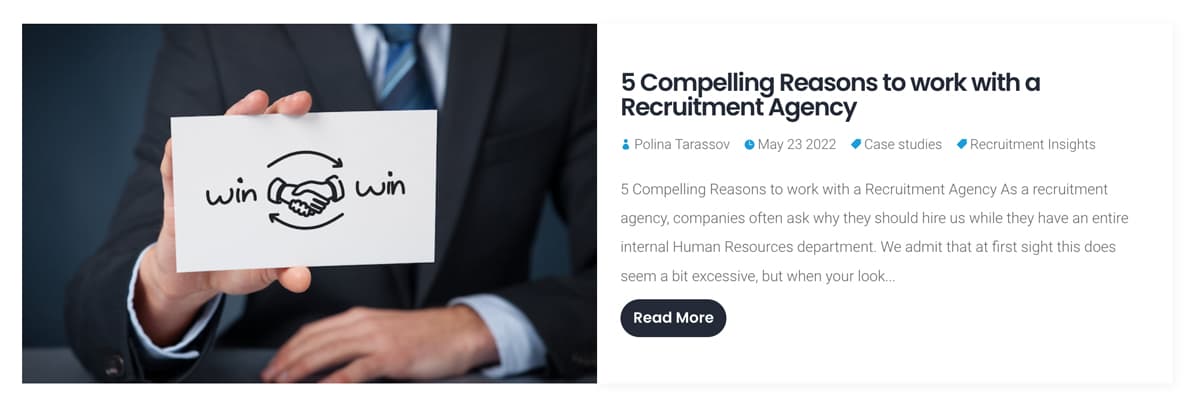
6 ways the rise of Artificial Intelligence could shape Belgium’s recruitment market
In recent years, the rapid advancement of artificial intelligence (AI) has revolutionized many industries, and the recruitment market is no exception. Belgium, a hub of technological innovation in Europe, is destined to experience significant changes in its recruitment landscape as AI technologies continue to evolve and to infiltrate our daily tasks.
What is Artificial Intelligence, precisely?
When hearing “AI”, most people immediately think of ChatGPT, which has been at the center of many conversations lately.
However, AI is much broader than that, being defined as “the theory and development of computer systems able to perform tasks normally requiring human intelligence, such as visual perception, speech recognition, decision-making, and translation between languages.” by the Oxford dictionary.
According to a ManpowerGroup survey, over 30% of companies already use artificial intelligence (AI) in various stages of their recruitment process, from screening resumes to initial interviews, and the same amount declares planning to use it in the near future (< 3 years). This trend has become impossible to ignore: from streamlining processes to enhancing candidate selection, AI’s potential impacts on Belgium’s recruitment market are multifaceted and profound.
Let’s deep dive into some of those potential impacts:
1. Efficiency in Recruitment Processes
One of the primary impacts of AI on Belgium’s recruitment market is its potential to enhance efficiency in various recruitment processes. Traditional recruitment often involves manual sorting of resumes, screening candidates, and scheduling interviews, which can be time-consuming. AI-powered tools like Applicant tracking systems (Greenhouse, Bullhorn, Manatal, BambooHR…) can automate these tasks, allowing recruiters to focus more on strategic decision-making and building relationships with candidates.
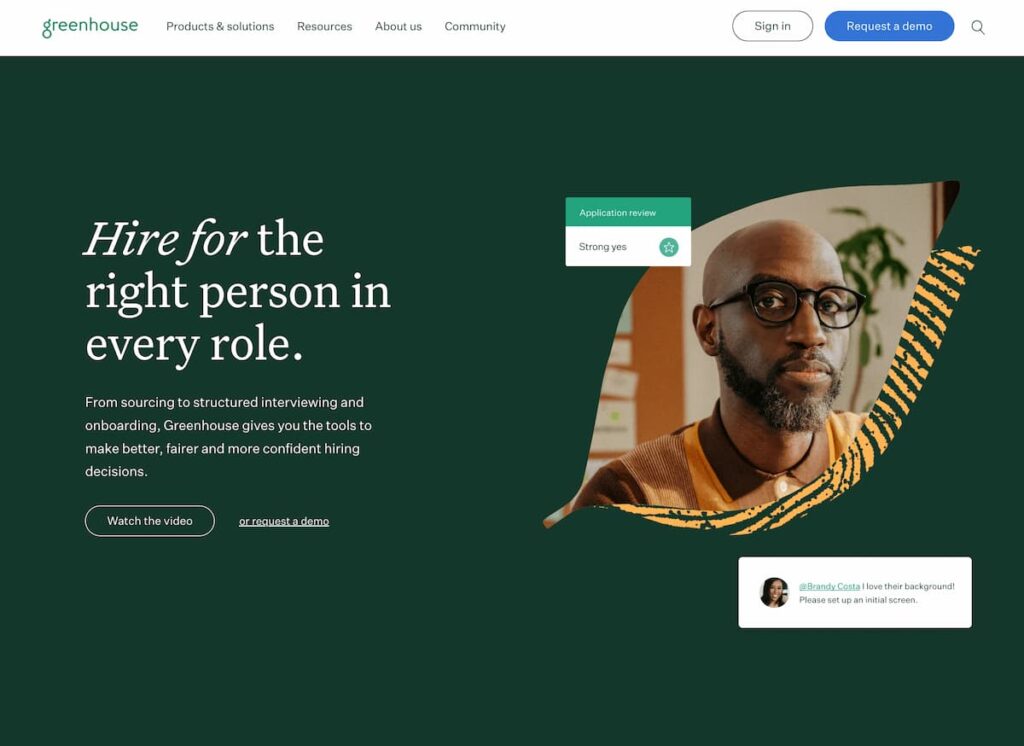 |
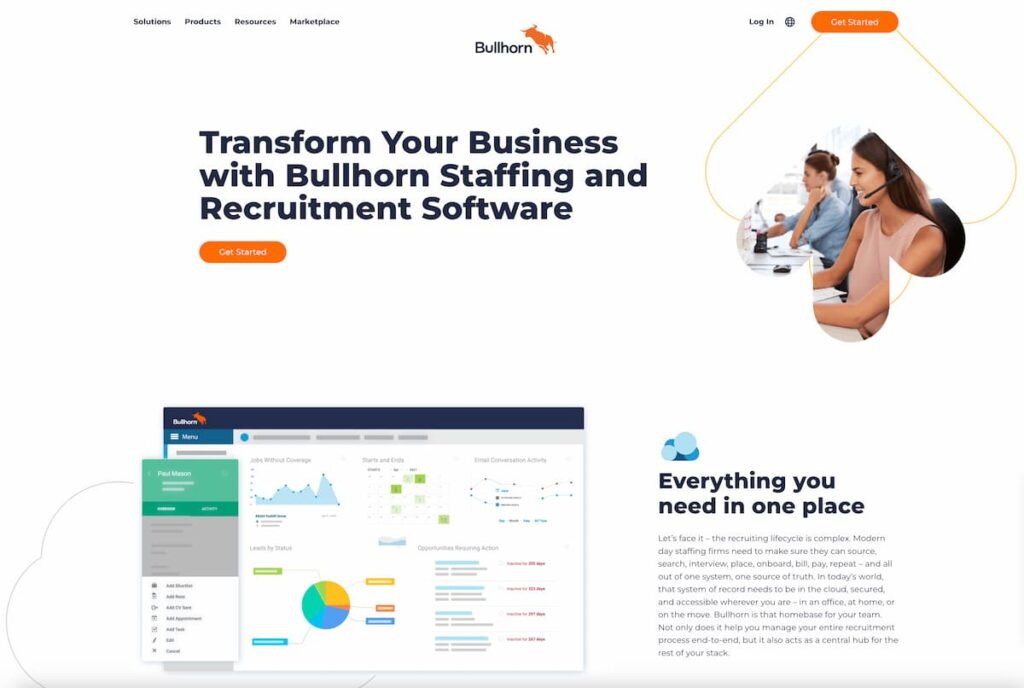 |
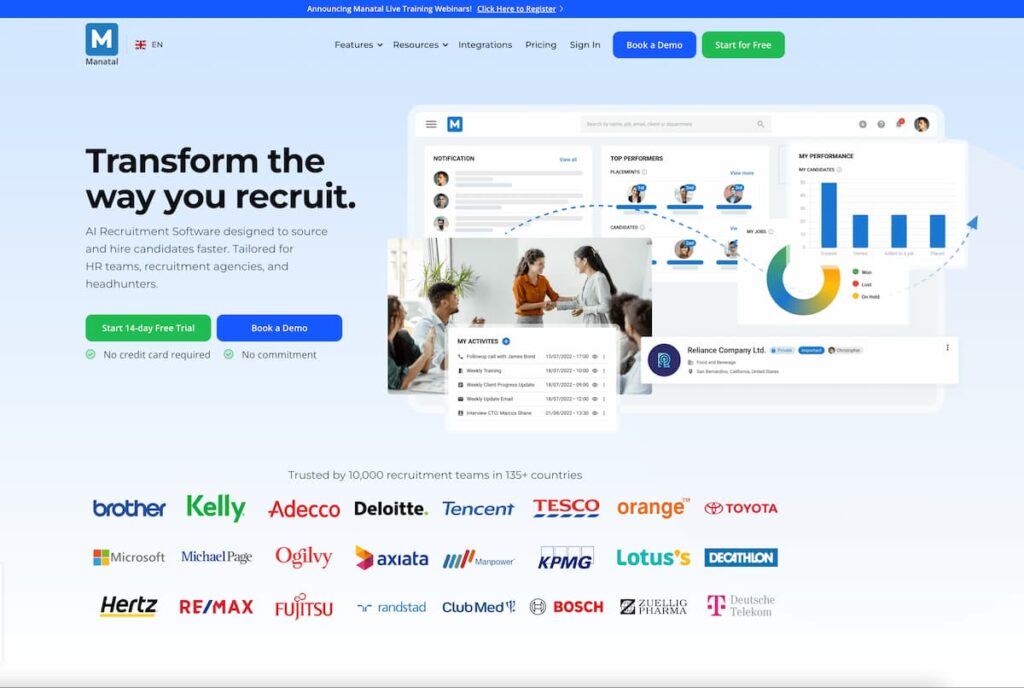 |
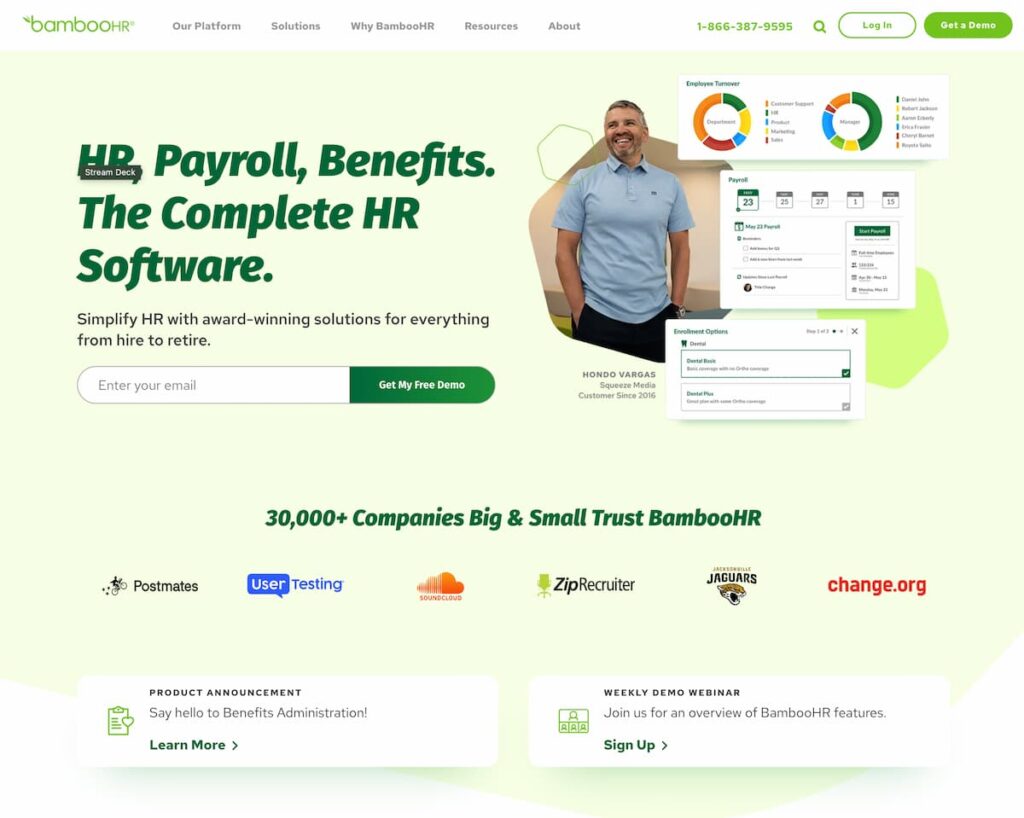 |
AI-Powered Sourcing Tools (such as LinkedIn or Indeed) use AI algorithms to search for potential candidates through various online platforms, social media, and databases, by matching their profile’s content to the keywords present in the job description.
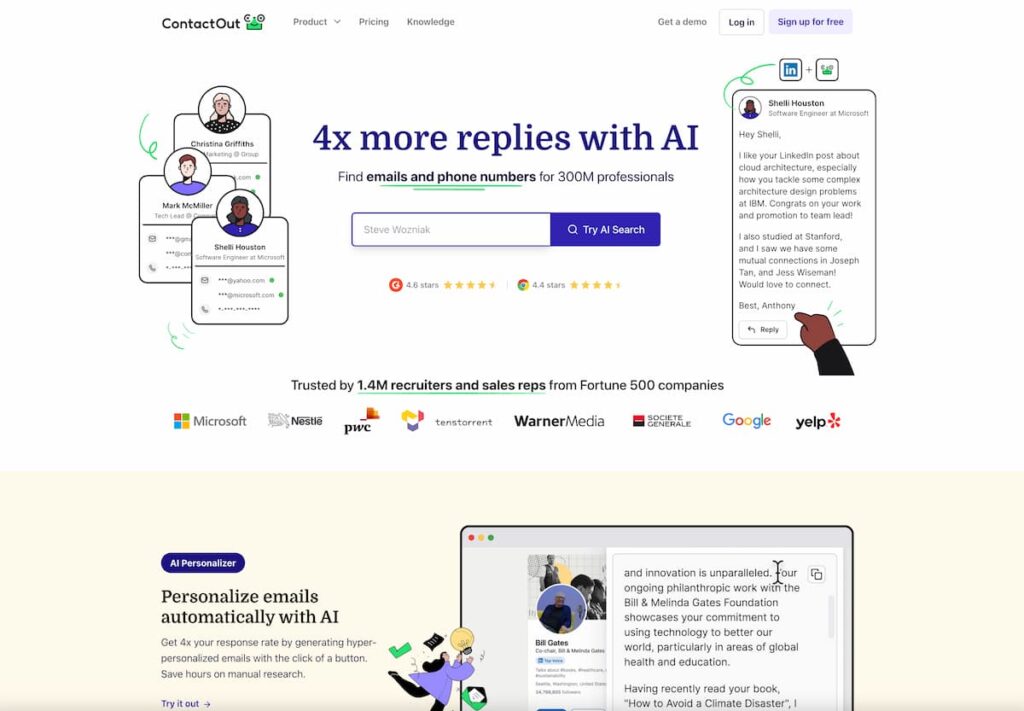 |
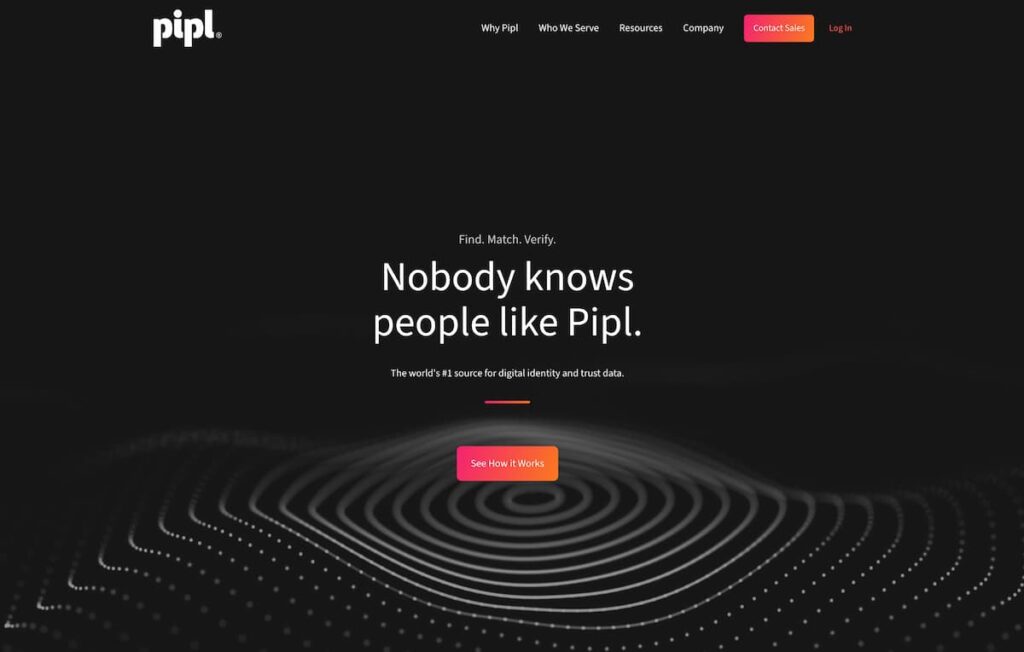 |
Some of them, for example Pipl and ContactOut, also help find the contact details of the candidates to be able to get in touch with them directly. This saves recruiters time and effort, leading to quicker and more qualitative recruitment cycles. This efficiency gain could be particularly advantageous for small and medium-sized enterprises (SMEs) that often face resource constraints.
2. Enhanced Candidate Matching
AI’s predictive analytics capabilities also hold immense potential for transforming candidate matching. By analyzing historical data, AI Predictive Analytics algorithms can identify patterns that predict a candidate’s suitability for a particular role, based on past performances indicators. This means recruiters can quickly narrow down the pool of applicants to those with the highest potential for success.
In Belgium’s competitive job market, this AI-driven approach could lead to improved candidate-company fits, reducing turnover rates and boosting overall employee satisfaction. This would enhance more efficient skills-based recruiting, a recruitment approach focusing on evaluating candidates based on their skills, rather than on their education or past work experience. Candidates would benefit from being matched with roles that better align with their skills and preferences.
3. Bias Reduction and more Diversity
Addressing unconscious bias in recruitment is a critical challenge, and AI has the potential to mitigate this issue in Belgium and beyond. Human recruiters often carry both conscious and unconscious biases that can inadvertently influence their decisions. Applicant Tracking Systems (ATS) use natural language processing (NLP) algorithms to scan resumes for relevant keywords and qualifications however, and can thus be designed to make unbiased selections, contributing to a fairer and more diverse hiring process.
In Belgium specifically, recruiters receive CV’s in three languages on a daily basis. Resume Screening Tools could help ensure an optimal understanding of the CV content no matter the fluency of the person reading it.
Allsorter, for example, is a data extraction platform that helps recruitment agencies extract information from multiple sources, including job boards, PDF files and LinkedIn profiles and summarize the aggregated content in one single-format file for each candidate. It also anonymizes specific information on schools, names, employers, date of birth, etc., to improve diversity, equity and inclusion within companies.
Some other specific Diversity and Inclusion AI tools are even being developed to identify and mitigate biased language in job descriptions for example, ensuring that a diverse pool of candidates is considered for each position. Leveraging AI to reduce bias in recruitment could better align with companies’ societal values and lead to more equitable opportunities for all candidates, regardless of their backgrounds.
For more insights about building a diverse workforce within your company, you can read our previous article : 4 tips to ensure diversity within your company
4. Data-Driven Insights
AI’s data analytics capabilities offer recruiters and HR managers access to invaluable insights that can inform their decision-making processes. By analyzing large volumes of data, AI can identify trends in candidate behavior, preferences, as well as in market demand. These insights can help recruiters tailor their HR strategies, adapt to changing market dynamics, and stay ahead of the competition.
By analyzing the current employees’ skillset of an organization and offering projections on the future trends on the employment market for example, Predictive Analytics Tools like DreamTeam can help build strong talent acquisitions strategies, as well as improve education and training systems to prepare the employees for the future critical skills needed in their role. This can provide companies with a strong competitive edge compared to the companies following the trends as they establish themselves.
AI-driven Performance Management Systems (such as Keka or Oorwin) can track and analyze employee performance data to provide insights into areas of improvement and growth opportunities. With this information, HR teams can better identify potential candidates for internal promotions and career advancement based on concrete and relevant factors, and therefore improve the company’s performance.
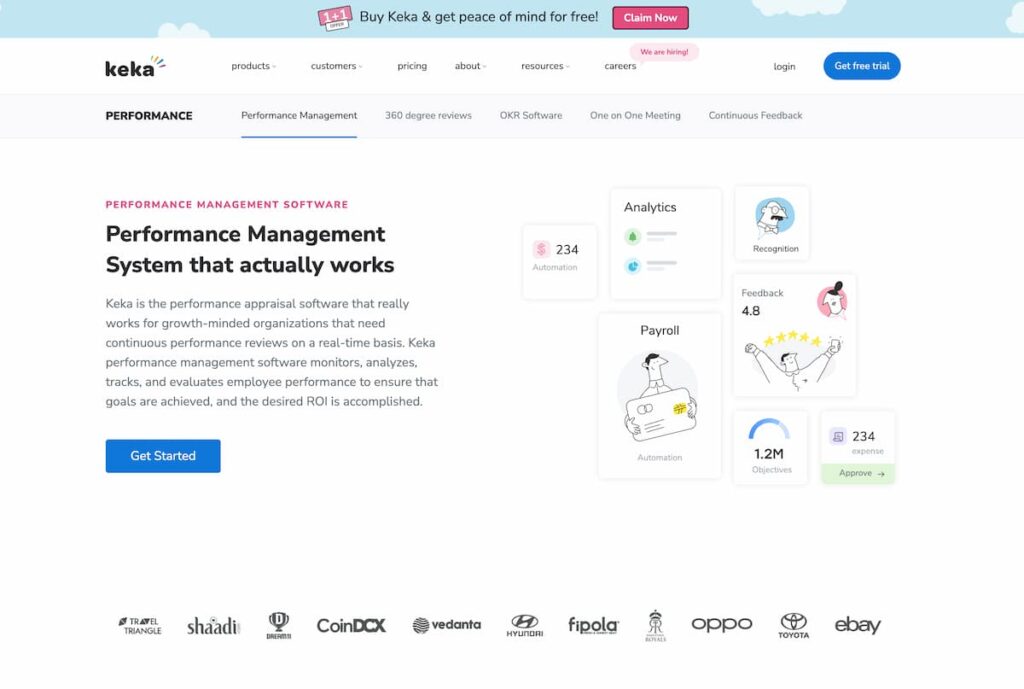 |
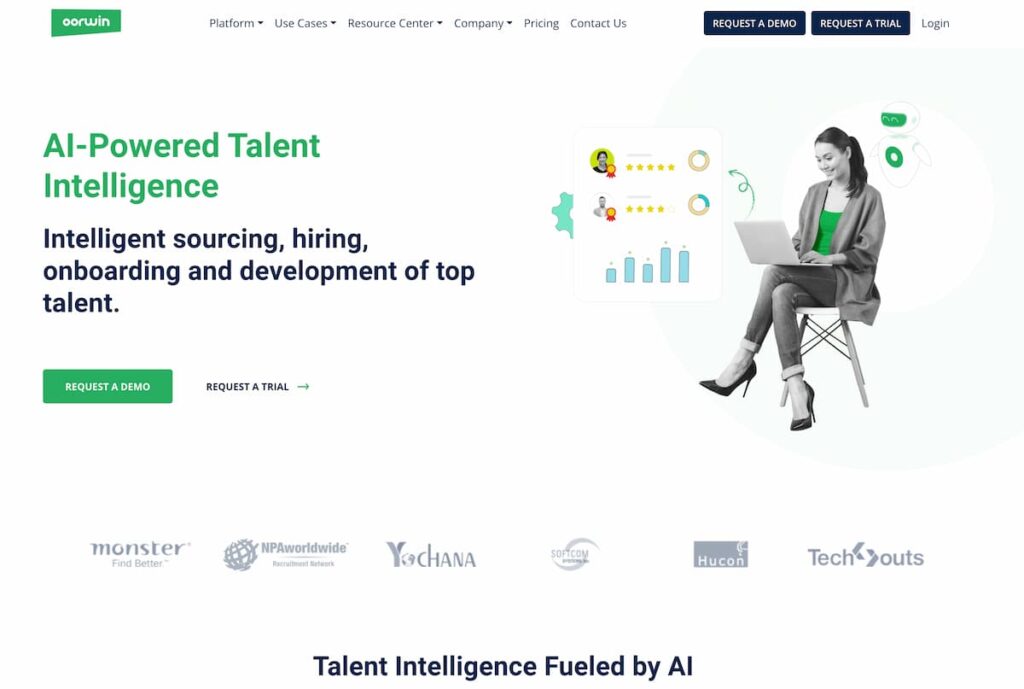 |
5. Personalized Candidate and Employee Experience
As AI continues to develop, so do its capabilities in personalization. Chatbots and virtual assistants powered by AI can provide candidates with immediate responses to their queries, guide them through the application process, and even offer interview preparation tips. This personalized experience enhances candidate engagement and satisfaction, while reinforcing a positive employer image and by doing so, increasing the likelihood of attracting top talent.
AI-powered Onboarding tools like Eloomi can assist with the seamless integration of new employees into an organization. These tools can automate the process of paperwork, training, and orientation, ensuring that new hires have a smooth transition into their roles.
6. Upskilling and Reskilling
The evolution of AI in the recruitment sector could drive a demand for new skill sets among HR professionals in Belgium. As AI takes over routine tasks, recruiters will need to acquire skills in data analysis, algorithm understanding, and AI-driven strategy development. This shift could lead to a heightened emphasis on upskilling and reskilling within the HR industry.
Belgium’s commitment to education and skills development positions it well to adapt to this changing landscape. Organizations and professionals that proactively embrace AI-driven skills could stand out in the evolving recruitment market.
What about the potential negative effects?
The use of machines can raise concerns in recruitment as in other HR activities, mostly because it makes the “Human” part of HR much less present.
Video Interviewing Platforms
Video Interviewing Platforms (like HireVue or Odro) for example can be used to analyze candidates’ facial expressions, tone of voice, and language patterns to assess their soft skills, fit with a company culture or suitability for a role. However, the limited interaction between human employees and potential hires can lead to the neglect of important personality traits and motivations. Relationship building is a crucial part of talent acquisition, and some candidates might feel uncomfortable or even bothered by the idea of interacting with a chatbot or other AI-powered tools during the recruitment process. This prevents candidates to get a sense of the company’s atmosphere, which is crucial for many future employees when choosing a job.
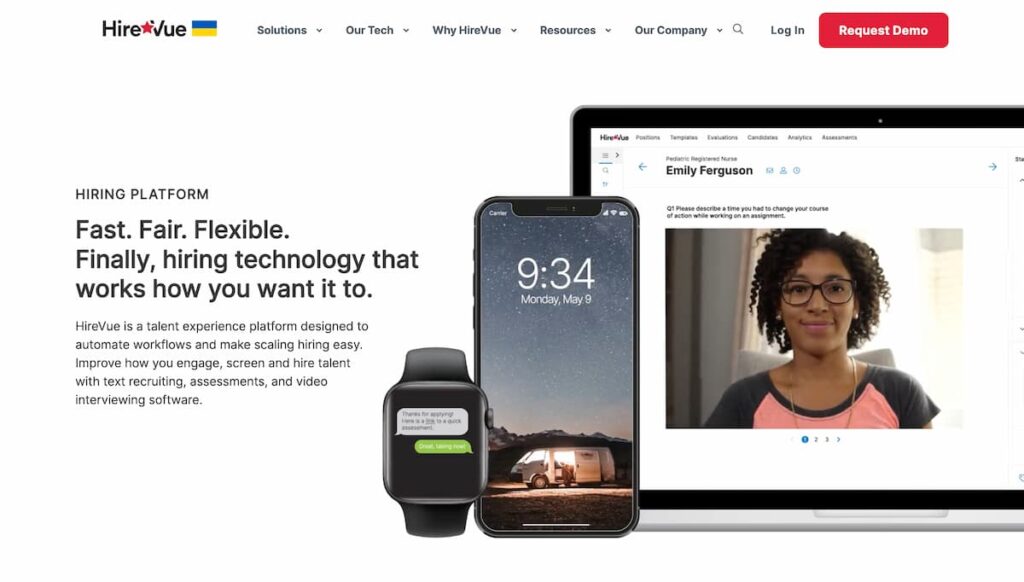 |
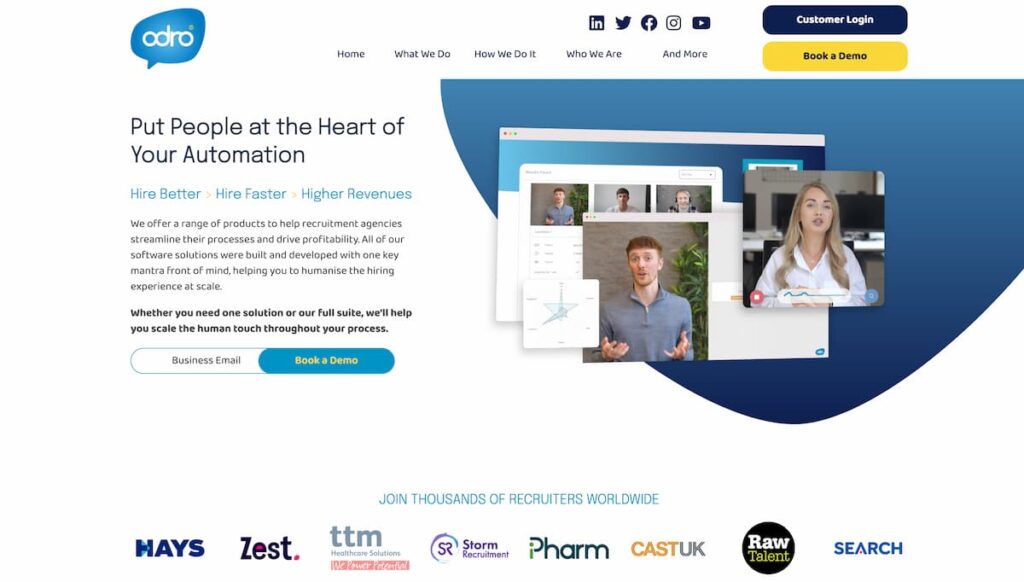 |
Chatbots
Chatbots can also fail to answer the more in-depth questions candidates might have, which can put them off.
Even when the objective is to improve diversity and to enhance fair treatment of all applications, bias can infiltrate the selection process, as written in the Forbes:
“Designing algorithms for programming chatbots or screening resumes requires humans to make choices regarding what data they use, which inevitably exposes the model to the same human biases that have historically colored recruitment and hiring decisions.”
Another issue raised is that frequently, AI screening tools reject documents (resumes and job applications for example) which display an unfamiliar structure or formatting, filtering out potentially strong candidates in favor of unqualified ones who used a “better” or more traditional format.
On the legislative part, the use of AI could be criticized because of privacy and bias issues.
In conclusion…
Whether positive or negative, the rise of AI in Belgium is poised to be transformative for the recruitment market. From improving candidate matching and reducing bias to providing data-driven insights and fostering a personalized candidate experience, AI technologies offer a wide range of potential benefits. As the Belgian job market adapts to these changes, organizations and HR professionals will need to navigate the evolving landscape of AI’s power to attract, assess, and retain the best talent. Embracing AI’s potential while upholding ethical considerations will be crucial in ensuring that Belgium’s recruitment market continues to thrive in the age of technological advancement.
A good guideline for companies who would like to do so would be to keep their core values at the heart of everything they do, and make sure the tools they use to streamline their recruitment processes will help create their ideal experience for potential future employees. Using these tools responsibly, ensuring data privacy, and maintaining a good balance between automation and human touch will achieve the best outcomes.
Whatever companies put in place to counter the potential drawbacks of the use of AI, it is important to keep in mind that even if technology will most definitely change the way we do things in the future, the human dimension keeps an utmost importance, particularly in interpersonal relations. These relations remain key to a successful recruitment process, and that’s why at Generations Recruitment, we take time to speak, human to human, to our diverse stakeholders to make sure we meet their needs the best we can, and that we can create some strong, long-lasting and meaningful relationships.
For more compelling reasons to work with an agency for your recruitment needs, you can read our article here.
Could you use some help to attract the best candidates?
Contact us to discuss how we could boost your candidate attraction strategy or employer branding.

Don’t forget to share!
